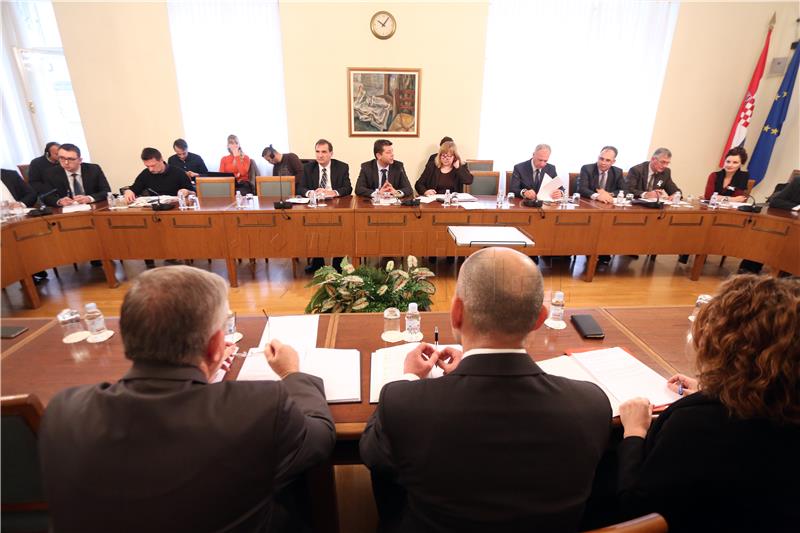
ZAGREB, November 26 2016. – Parliament Media Committee had its session on Friday dedicated to threats and attacks against journalists. Committee members reached the conclusion that it was necessary to provide political and legal support to stop violence against journalists, but some of them expressed their opinion that journalists themselves were partly responsible for those attacks.
The session was called because hate speech and violence against journalists had escalated. The session was participated by representatives of professional organizations, police and other state institutions.
According the police information, reported by Zvonimir Vnučec, acting police director, 78 attacks against journalists, all directly or indirectly connected to their work, have been recorded since 2010. 50 of them were qualified as crimes, 10 as misdemeanors, 5 are still under process of qualification and in 13 any element of criminal act was found.
Police data show that escalation started in 2014, when number of attacks was doubled, and culminated in 2015, when it became tripled. Following this year’s data it is evident that number of attacks has resumed 2014’s level.
From total of 50 crimes there were 46 threats, 2 serious bodily harms, 1 attempted grand larceny and 1 bullying behavior. Perpetrators were identified in 35 cases and police director Vnučec found it to be good result.
”Attackers must be punished”
Nenad Stazić, SDP Committee member, did not agree. He expressed his belief that violence against journalists and generally speaking could be stopped only by more efficient work of state institutions. ”I would like to know what happened after those investigations? And what do we do to discourage those attackers? They can be discouraged only by court procedures. If there is legislation problem, we should change laws”, said Stazić.
Goran Beus Richenberg, HNS member, said that radical hate speech was encouraged by politics, as vulgarities entered public discurs. If in the Parliament or in other state institutions defamation and offence are used in discussions, bad message is sent to the public.”
Saša Leković, CJA president, in his introduction said that some politicians accept and even encourage violence and they are supported, unfortunately, by some journalists as well. He found that ”it was the highest time for the Parliament to discuss threats and attacks against journalists”.
”Journalists (even) themselves are to be blamed ”
Katja Kušec, HNiP president, estimated that lately ”there had been more freedom then ever, but also more unverified facts, journalistic bad work and spins”.
Some Committee members found that violence should be clearly condemned but that journalists should take part of responsibility. That opinion had been expressed even before by former Minister of culture Zlatko Hasanbegović, Croatian President Kolinda Grabar-Kitarović and Prime Minister Andrej Plenković, who just two days ago, at the occasion of day of remembrance of pro-Radio 101 protest said that ”for spoken and written words all should be responsible”.
The most radical opinion was one of Stevo Culej, HDZ member, who said that Saša Leković’s introductory speech sounded like „proMilošević’s Gebbelslike speech back from 1990 and 1991 that caused Homeland War as he in his speech dealt with Ustashas and produced that atmosphere regardless of SOA’s (Croatian Security and Intelligence Agency) report on Chetnics in our society.”
Goran Dodig, HDS member, explained that journalists encourage aggression and then become its victims. Vladimir Lulić, CJA secretary general, responded to that and said it was the same reasoning that blamed female for being raped because she had short skirt.
Ema Tarabochia